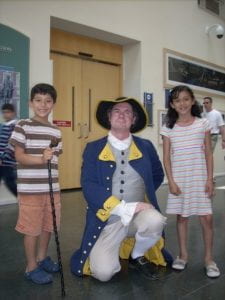Dear Representative John Lewis,
First and foremost, it is an honor to be addressing to a man who played such an enormous part in one of the most pivotal eras of American history, and who continues to serve his country. Your book, MARCH: Book Three, serves as an exemplary first-person account of the regrettable and horrific events which surrounded the Civil Rights movement of the 1960’s. The first few pages surround the events of the bombing of the 16th Street Baptist Church in Birmingham, Alabama and the subsequent reactions to this event from both the racist white supremacist side and the progressive African American Civil Rights movement. We also saw how religion and politics were more or less intertwined as the funeral/memorial service was used as a platform to present the message and further promote the agenda of the Civil Rights movement. This scene is one which invokes sorrow from the reader.
The events portrayed in the book come to life with the addition of the comic book style graphic novel approach.This makes each scene more relatable and seem closer and more vivid than it would ordinarily be with words alone. This part of the book in particular brought me feelings of anger and discomfort for the ignorant crimes of the past. I was thinking about the injustices of the past and how I’m glad they aren’t as prevalent today as they were then, at least in the US. As a hispanic, I can feel that I can similarly relate to some of the other minority groups that are plagued by prejudices and bias.
In today’s day and age it is far easier for the average everyday citizen to get involved in their community than ever before through the development and advancement of the internet and social media. Although I believe that racism will never be able to truly leave us as a society, it can be remedied, because if there is a cure for anything in this era of information, it is the cure for ignorance.
Thank you,
David Guevara
#JohnLewis #CivilRights #MARCH


